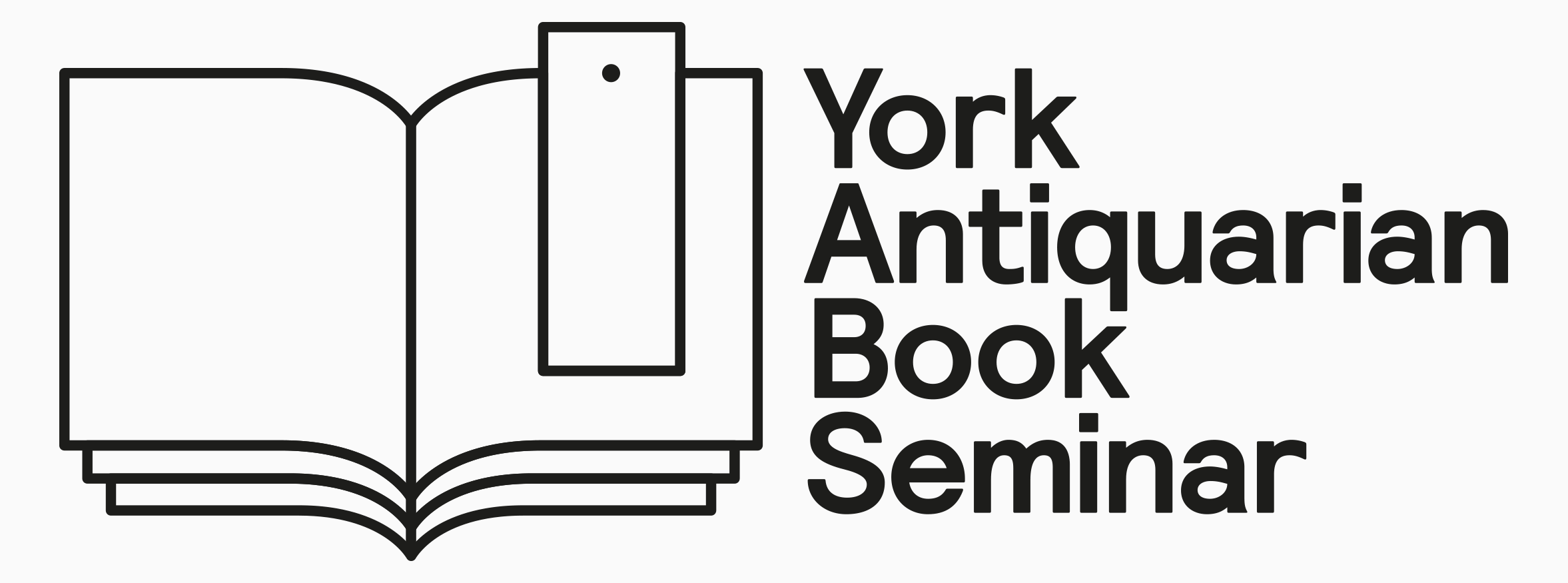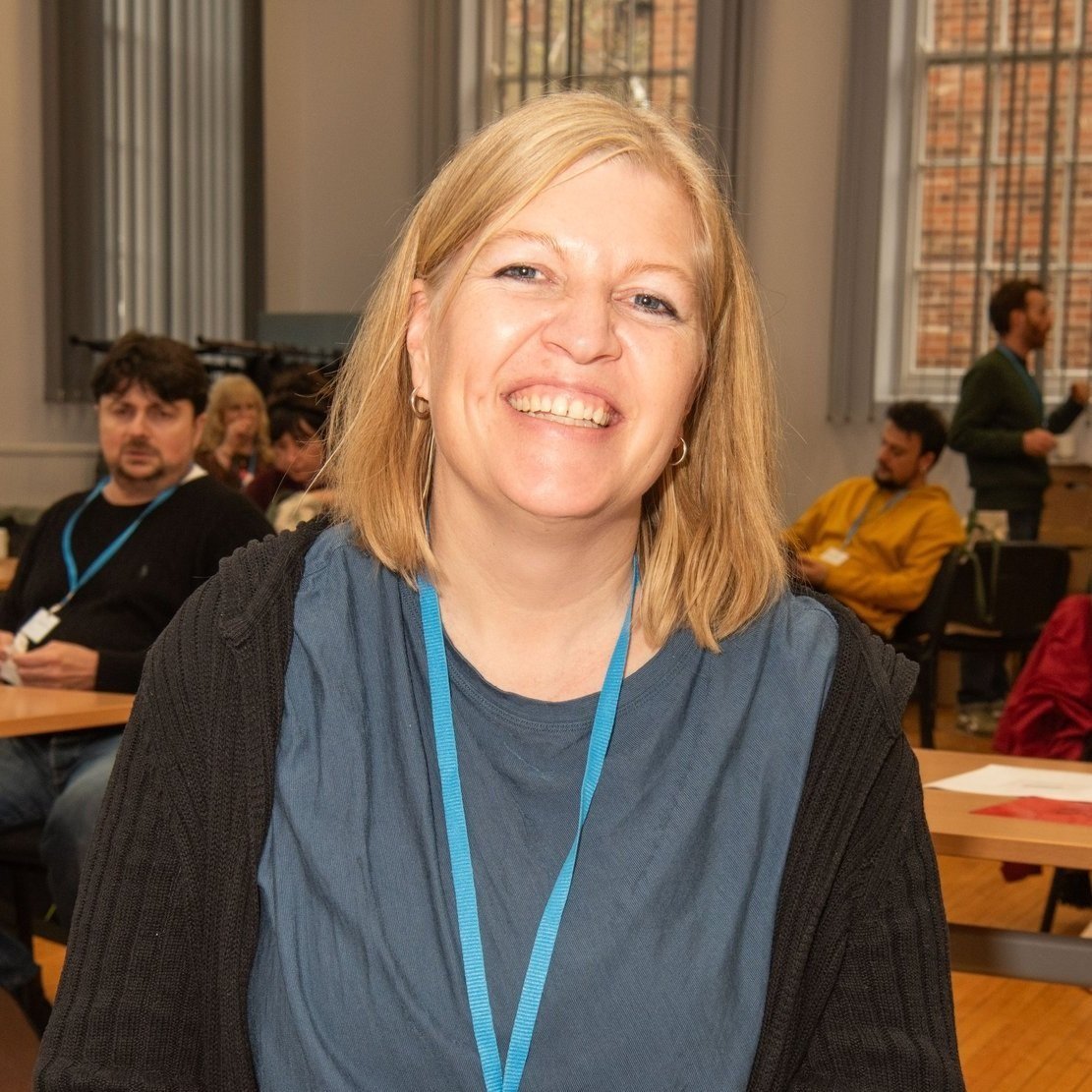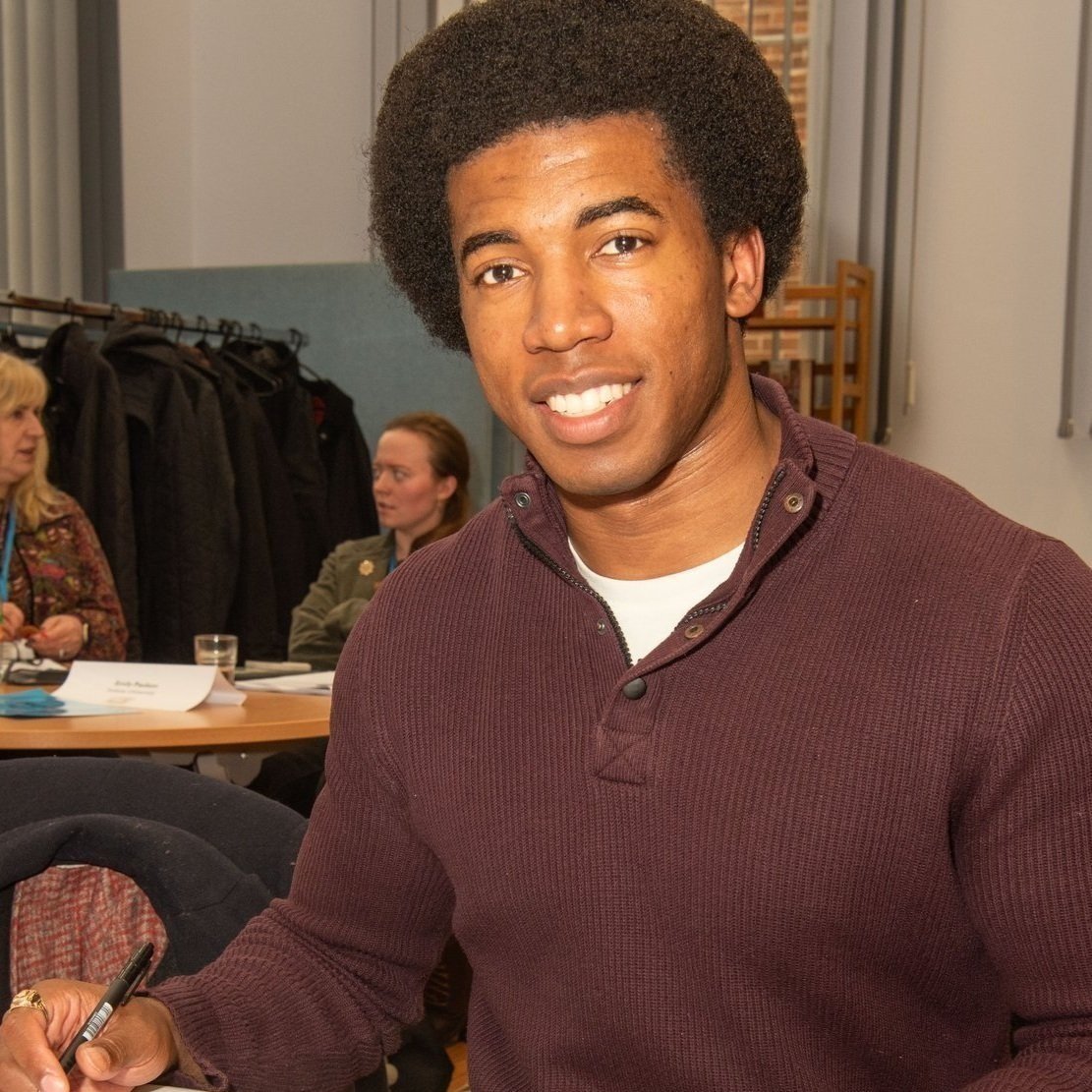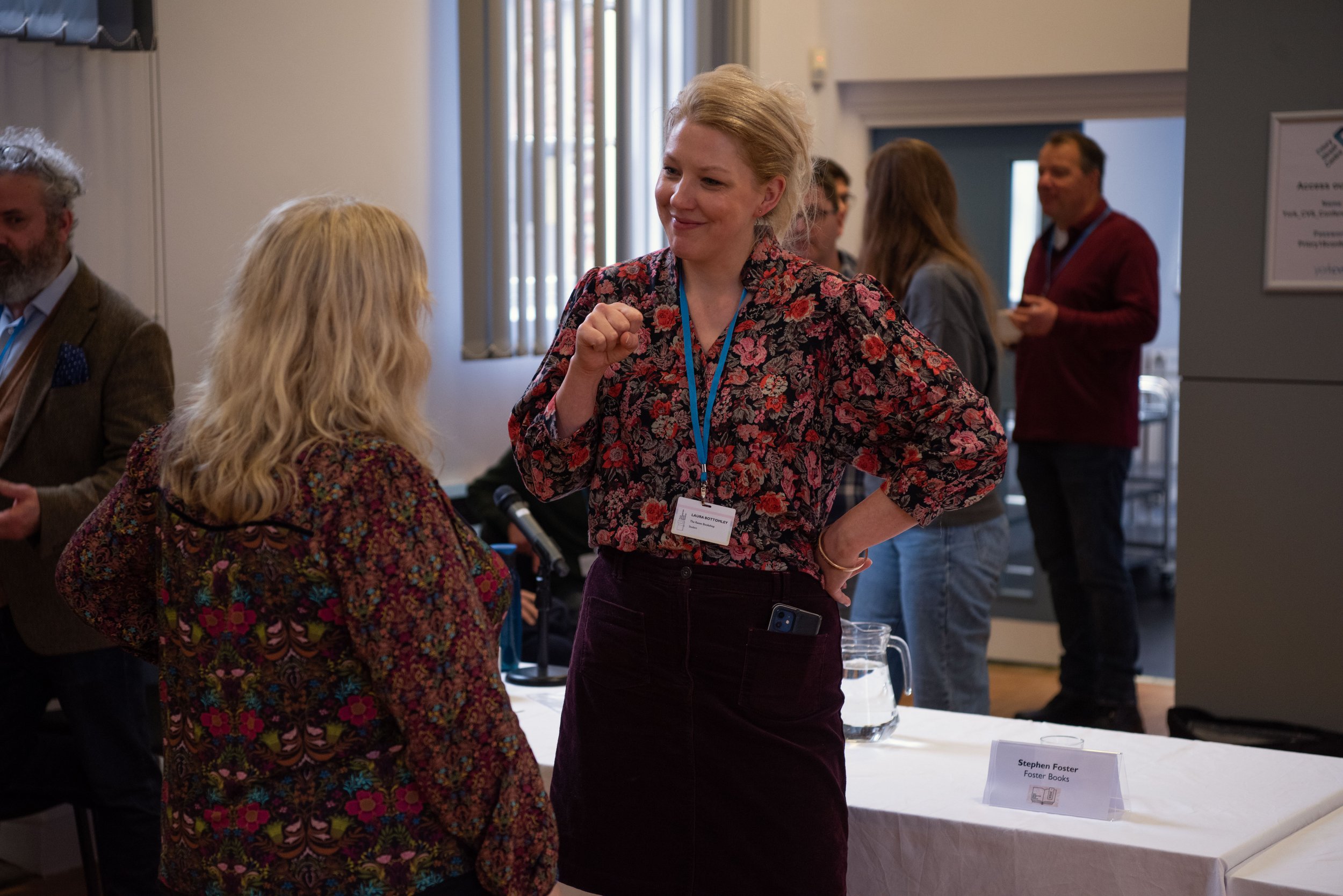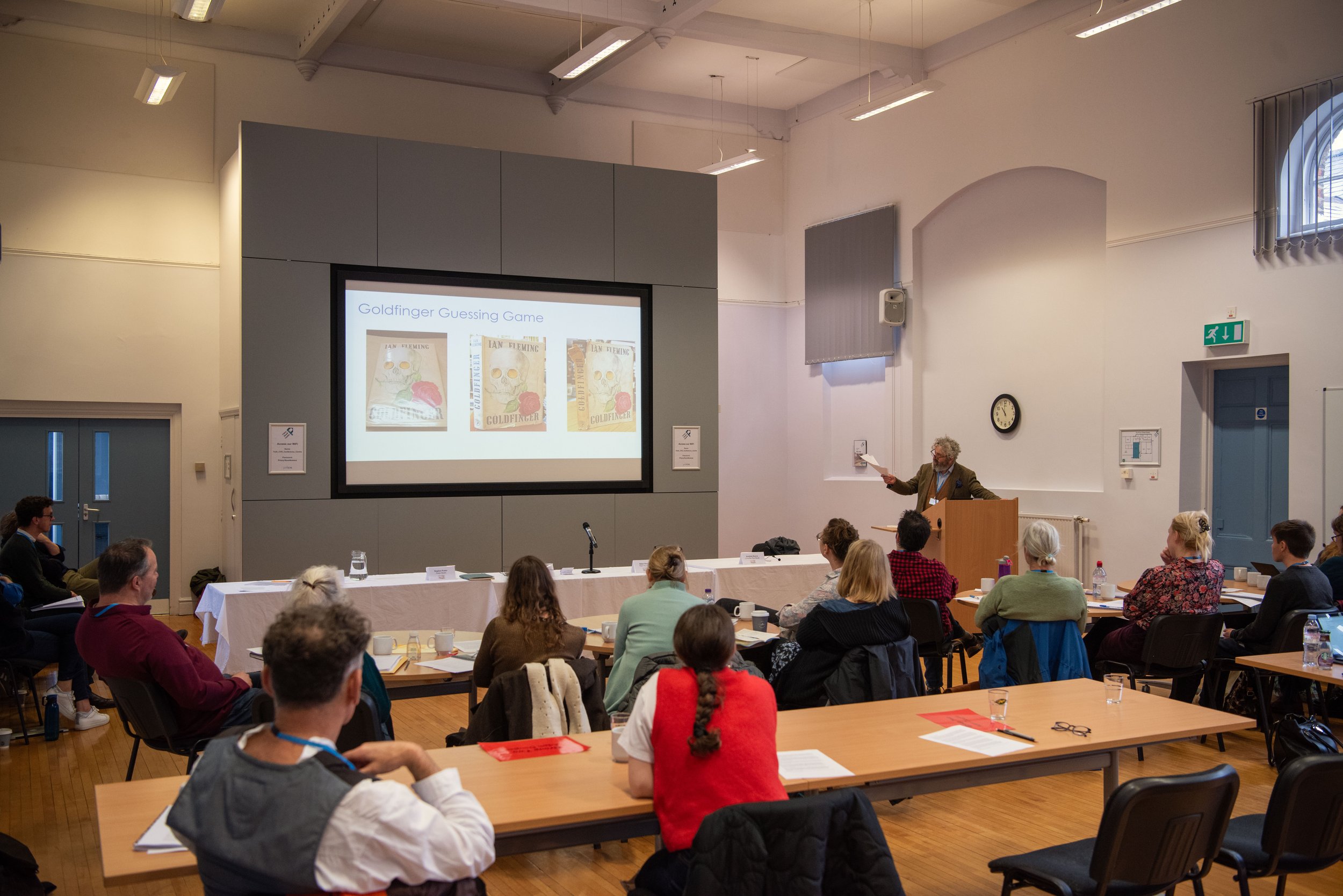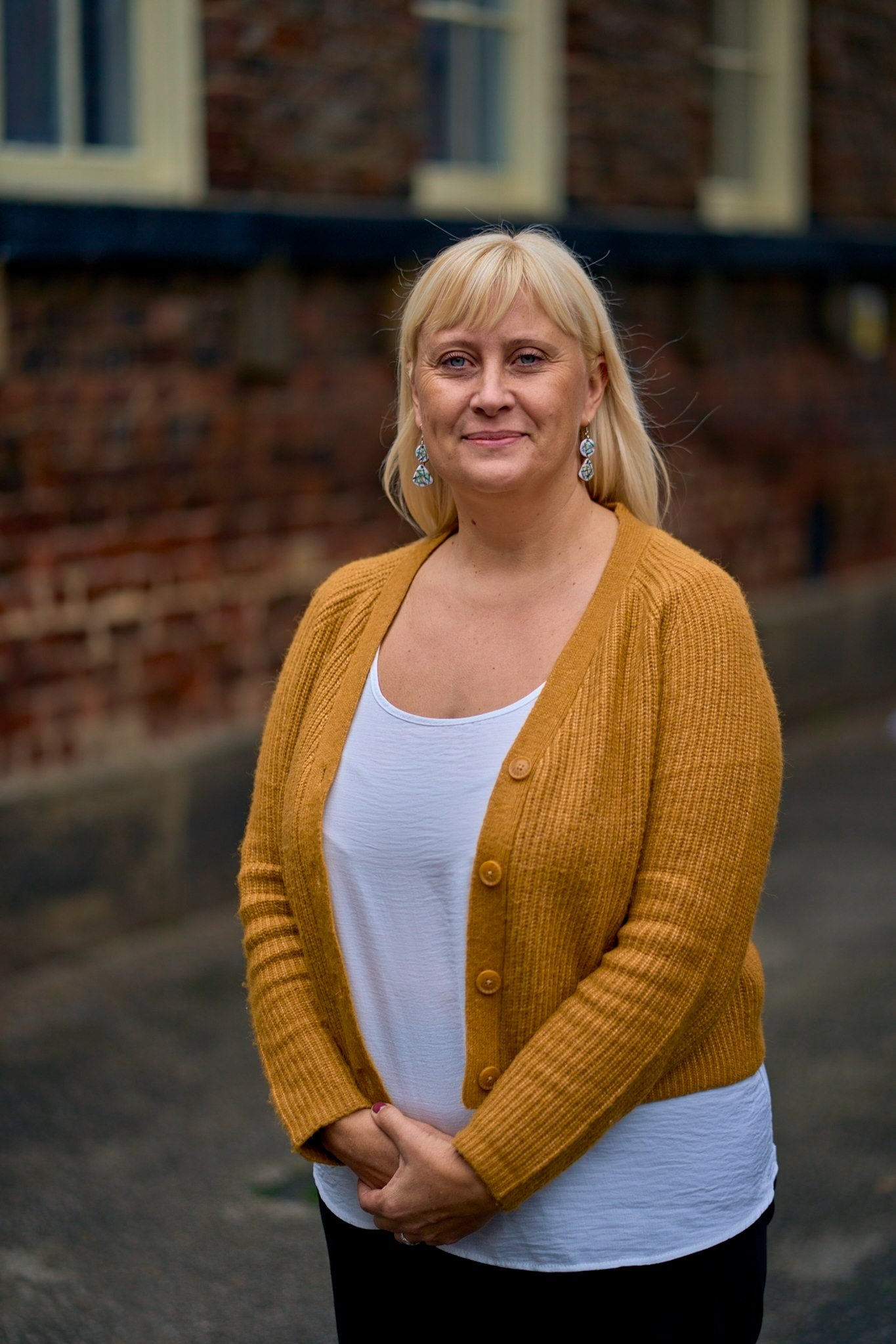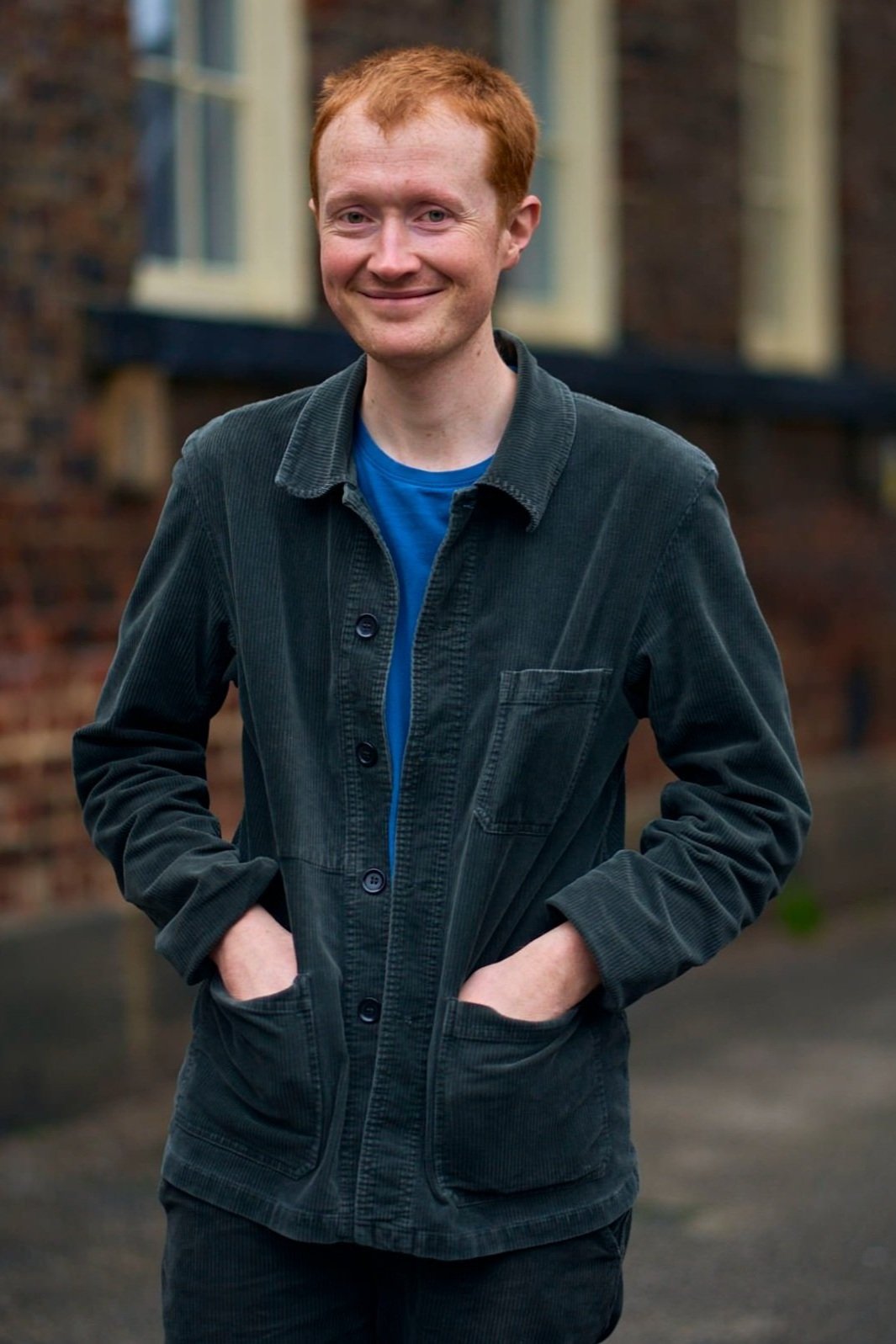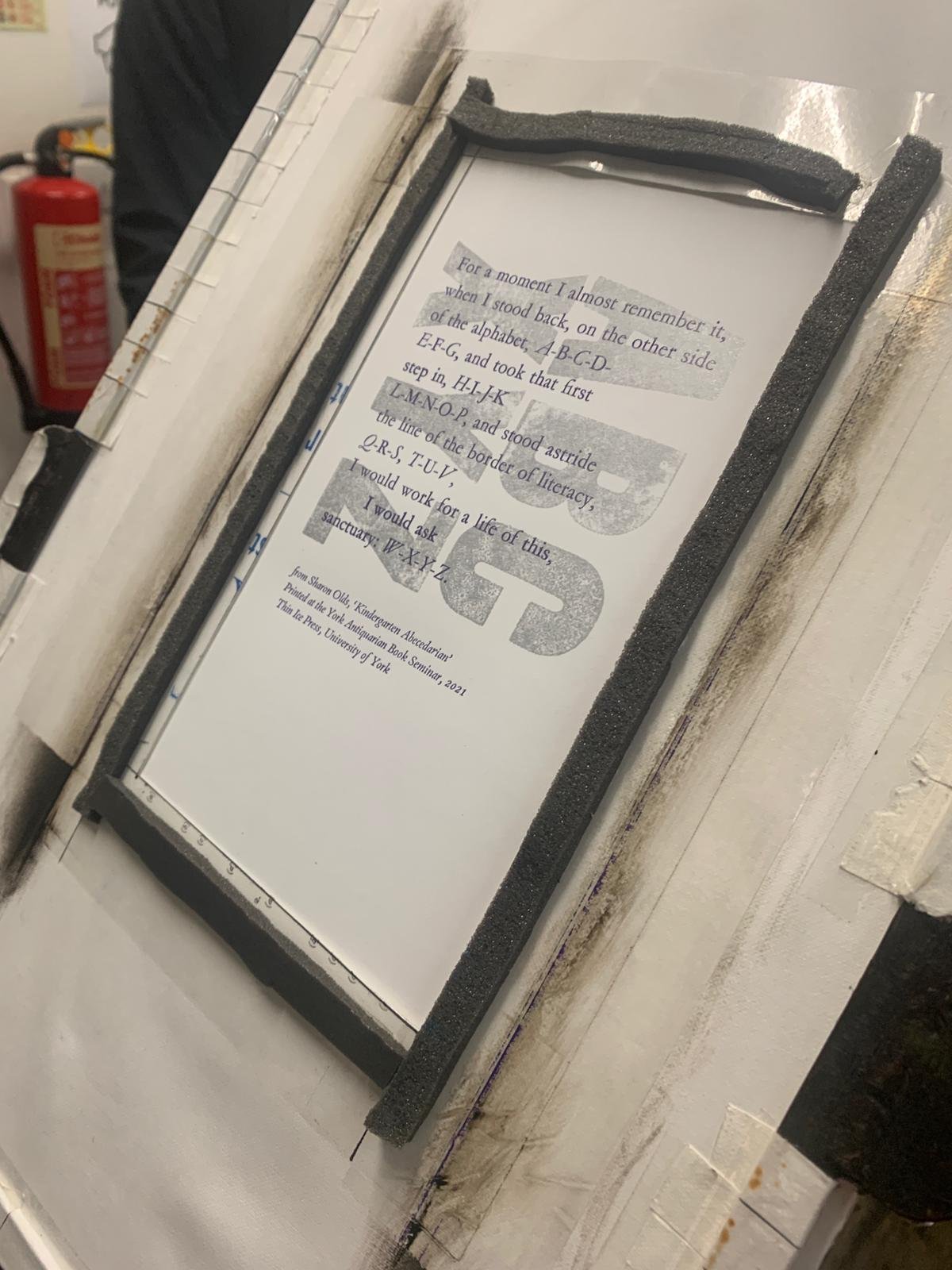YABS 2023
YABS 2022
YABS 2022
YABS 2021
YABS 2021
I would like to take this opportunity to say a heart-felt thank you to the Provincial Booksellers Fairs Association for sponsoring my Scholarship to attend the YABS 2021 Seminar. Also a sincere thank you to all the YABS Faculty members for their hard-work and solid commitment to making an outstanding Seminar. Each lecture was informative, enthusiastic and inspirational, giving wonderful insights and solid practical tips relating to book dealing. Clearly, the Faculty members are at the cutting edge of bookselling, sharing their experience of the trade with warmth, honest, humour and a passion that left delegates mesmerised and excited to go out and make their mark in the book-trade! The Seminar was not at all stuffy and cob-webby as I thought it might be; but great, at times deliciously anarchic and wonderfully inspiring. Thank you.
I wanted the Seminar to give me a ‘Platform’ to expand and develop my book selling. The Seminar has giving me a new focus for my future buying strategies especially in contextualising items for buying and thinking more about the current market. Appreciating the context of any material I may purchase. Through the Seminar I have gained a new focus on: digital marketing platforms, research tools, bibliographic descriptions and the basics of book selling. Most of all the Seminar has given me a new confidence and passion to move forward carving out my own brand.
Finally, I would strongly recommend the York Antiquarian Book Seminar to any aspirant book dealer or to an existing book dealer who would like to rejuvenate their business and want to feel a new excitement about the trade.
Thank you
Pete Fry
YABS 2019
YABS 2018
YABS 2018
Brick-and-mortar shops in Prague seem to be thriving as if it were the pre-Internet age. I’ve always enjoyed the Orphean descent into the medieval cellar of Podzemní (Underground) Antikvariat and their piles of uncatalogued books and ephemera on the center table. Five tram stops away is Kant Antikvariat. Few know the history of Czech book publishing and selling like Kant’s owner Miloš Burdátš. I try to allow for an extra half hour when picking up a book at Kant, just in case he’s in raconteur mode. Thanks to Miloš, my mental map of Prague is now populated with the ghosts of antiquarians and defunct publishing ventures.
It was at Kant that I first crossed paths with a Berliner who was dealing in some areas that overlapped with my own. We would meet up whenever he was in town and once, obviously in response to the blank looks I was giving him when he used mildly technical antiquarian jargon such as “colophon” or “gathering”, he tactfully mentioned that the intensive three-day York Antiquarian Book Seminar might help me hone my bookselling skills. He himself had attended the seminar and viewed both the York course and its elder cousin, the week-long Colorado Antiquarian Book Seminar, as essential steps in acquiring know-how and contacts in the trade. This was all I needed to hear.
I arrived in York unsure of whether to consider myself a collector, a scout or a dealer, but soon realised that it didn’t matter. Many of those I met in the seminar, both students and faculty, seemed to defy classification, freely roaming the borderlands of bibliophilia. I had enrolled in the York course bent on acquiring the English terminus technicus of the book and the ability to distinguish the various printmaking techniques. Indeed, the York Antiquarian Book seminar was especially invaluable to me in both of these areas. I now know that a blind stamp is not an unfortunate affliction in philately as I’d previously assumed, but a handy term to describe the topography of a book’s outer boards. No longer will the sight of 2°: a-b² A-Y²; 48 give me the cold sweats from a flashback to secondary-school algebra: It’s merely a formula that some professionals use to describe a book, to collate it. I’ve grasped the difference between a woodcut, wood-engraving and intaglio, can tell a book’s format by examining its leaves and am no longer stumped by the existence of wire-lines. These are great strides for someone with no formal training in understanding the book as artefact.
Yet, more importantly, it was the stories and snippets of wisdom garnered over those three days that continue to churn in my head, including one that alone was worth the price of admission:
“When you’re considering a book, think of all the reasons why not to buy it.”
Established dealers and collectors shared their knowledge and offered glimpses into the euphoric highs and humbling lows of their own careers. The testimonies of those with brick-and-mortar shops and their fixture in local communities was of particular interest and has me once again considering opening my own place, even if just every Wednesday afternoon.
I haven’t made any dramatic changes to my business model since returning from York, but there has been considerable tweaking. I’ve outsourced my accounting, to the relief of my entire staff (me). I’ve overcome my fear of Mailchimp and even opened up an Instagram account, since the general consensus in York was that this was the way things were heading for booksellers. But my highly advanced business plan of finding books and uploading them to my website with its super-secret username and password (sutnar67) remains unaltered.
It’s another beautiful late October day. I look out from the window of my tiny office-cum-stockroom to the reds and yellows of the maples, and then further still across the train tracks to the Prague Sewage Treatment Plant designed by Sir William Heerlein Lindley and completed in 1906. Now considered one of Europe’s most significant industrial monuments and hailed as a technological wonder for its times, the plant treated most of Prague’s wastewater until 1967. Wouldn’t it be nice to someday find an inconspicuous binding with Lindley’s original designs for the plant?
Daniel Morgan, Winner of the ABA Educational Trust scholarship
YABS 2017
2017 Seminar Review
I have recently attended the York Antiquarian Book Seminar (YABS). I wasn’t sure what to expect, but I was hoping to reaffirm things I already knew and to learn about things that I didn’t, so that I could improve and ultimately expand my fledgling business.
YABS exceeded my expectations. It was a real joy to meet so many people that were just as passionate about books as I am. I currently spend most of my days occupying a very small corner of the internet, kept company by my books and my cats, with the odd e-mail from a customer. My interactions with fellow book enthusiasts are often limited to my forays into auction houses where I am usually preoccupied with rummaging through shelves and books. It can be rather insular existence so I really enjoyed listening to the different accounts of experiences in the book trade from the speakers and their different approaches to selling books. One of the maxims that stood out for me was along the lines of ‘all advice is good advice, it’s just finding the pieces of advice that work for you’.
The talks varied from personal accounts to more technical information regarding cataloguing a book and identifying printing techniques and bindings. A workbook was provided that contained a lot of information further to what was discussed, as well as two further books: ‘ABC for Book Collectors’ by John Carter and ‘Cataloguing for Booksellers’ by Laurence Worms. Particularly memorable was on the last day when Charles Cox gave a captivating talk on archives where I’m quite sure his passion for them spilled over to the whole room despite the painstaking labour and attention to detail that is clearly involved.The atmosphere was friendly and open. Questions were encouraged which helped to foster a great learning environment where everyone whatever their experience could flourish.
I am very grateful for the PBFA scholarship which enabled me to attend. I feel that I have learned so much in such a short amount of time that will be of great benefit to me and help me to grow my business. I would like to give thanks to the ILAB mentorship programme that paired me with Tom Lintern-Mole from Antiquates. This has been really beneficial and completely worthwhile. It was Tom who told me about YABS and gave me the confidence to apply for the scholarship. I think it is great that there are these initiatives available to help new booksellers find their feet and grow within the industry.
Milly Hughes, student at the 2017 seminar
YABS 2014 – 2016
2014 Seminar Review
I seem to be a human ‘First Edition’... I attended the inaugural York Antiquarian Book Seminar 2014.
Although I arrived as a recent English graduate hoping to learn a little about another aspect of the ‘book world’, I left with a sense of vocation and a contacts list to swoon over.
Anthony Smithson and Jonathan Kearns formed a faculty of booksellers, archivists and librarians whose impressive credentials could have been intimidating to the likes of me; after all, I had no real experience of the antiquarian trade beyond sniffing books and alphabetising my shelves of beauties. As it was, their enthusiasm was infectious and their willingness to share expertise with an antiquarian 'newbie' like me deeply impressive. This is, I soon learnt, a business built on passion, relationships and decency.
The three day seminar took the form of lectures, workshops and tours. From keynote speaker Rob Rulon-Miller and guest speakers Lorne Bair and Carl Williams, we learnt about their passions and areas of expertise. Ed Maggs and Tim Pye discussed archives and libraries, Nigel Burwood described keeping shop and Adam Douglas alerted us to fakes, forgeries and theft. From Sophie Schneideman, Justin Croft, Anthony Smithson, Simon Beattie and Jonathan Kearns we learnt and practised a broad range of bookselling fundamentals from business basics to cataloguing to website management.
The expertise of fellow students was a surprise both to me and the faculty. Booksellers made the journey to York not only from as far south as Devon, but also from USA, Germany and Ireland. There were those sent by employers for training, those who wished to gain a broader knowledge outside their specialism, and those who wanted to be part of a prime networking opportunity. One would assume that in such a diverse group some students would have benefited more than others but no, not true. Everybody I spoke to, and every feedback form, gave glowing reviews and sincere wishes for YABS to continue.
For me personally, this was the best introduction to the antiquarian book trade I could wish for. Not only do I now have a ‘map’ and a clear idea of which path to pursue, but I have highly respected specialists I can turn to for advice while I find my feet. I would recommend YABS 2015 to everybody with a passion for antiquarian books, including curious beginners like me.
